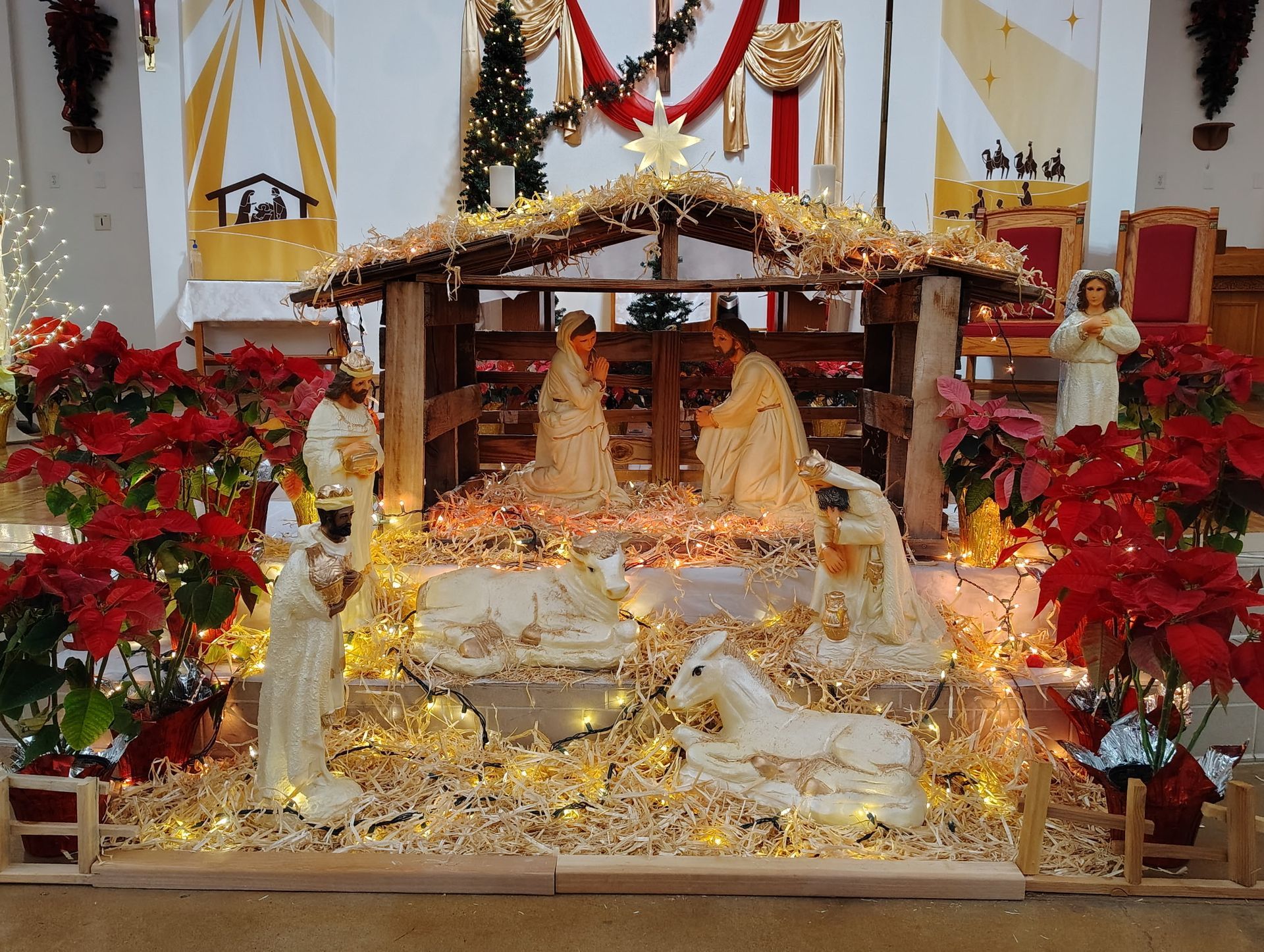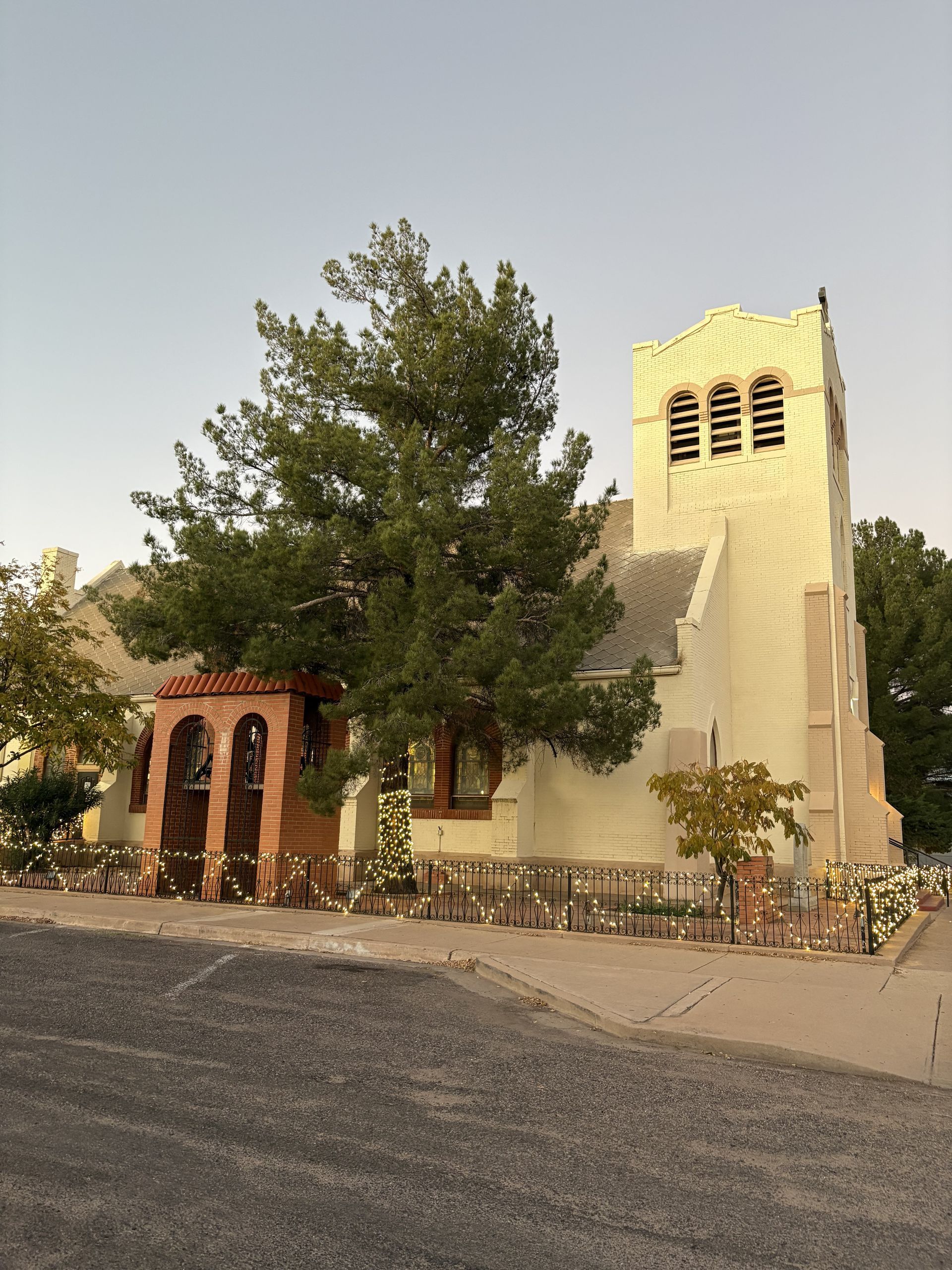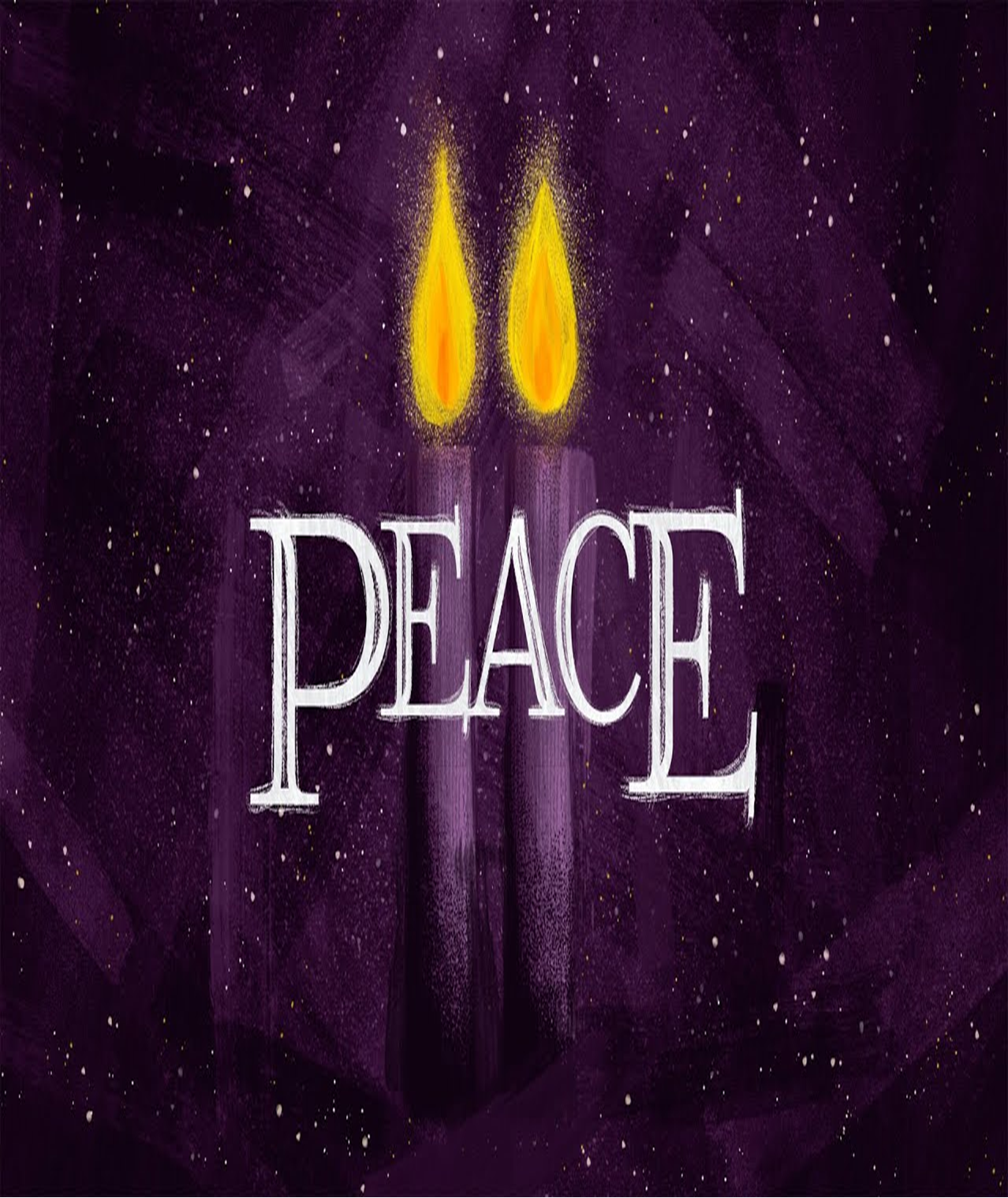The Evening Mass of the Lord's supper which marks the beginning of the Paschal Triduum and draws us to the most sacred mysteries of the Christian Faith, commemorates the Institution of the Holy Eucharist and the priestly order (ordained and common and the relationship between the two). The solemn liturgy also highlights the ritual of foot- washing, primarily to exemplify the new commandment, "to love one another", a call to charity. The washing of the feet is an ancient practice performed only by a slave to a Master (1 Sam 25:41). Jesus, in demonstrating such a humbling act to his disciples, made an outlandish display of love in its ultimate degree and a profound model of service contrary to social expectations. He gave such a humiliating gesture a totally different meaning. That's why Peter protested. Master, are you going to wash my feet? You will never wash my feet (Jn 13:6, 8). In their discourse, he showed that it was an act of humble service, a classic example, a true mark, a deepest expression of love, not merely a suggestion but a mandate. Thus, Maundy Thursday, from the latin, Mandatum, that loving one another should be the top priority of every Christian community. In a world, where people who constantly profess faith in Christ Jesus are divided over doctrinal, political and social issues, who couldn't even gather at the same table to worship God, Mandatum Novum will help clearly see ministry from an entirely different standpoint. And yet, it's not necessarily the actual foot washing that we are called to do but the purpose - selfless small acts of humble service we can possibly offer to one another on a regular basis.
At the twilight, the Catholic Community of Douglas-Pirtleville enter into the Easter Triduum with a grandiose introduction of the liturgy - the anniversary of the Lord’s Supper followed by a grand procession led by the altar servers with the thurifer and cross along with the 12 representative apostles as representation of the community participating in the foot-washing.
At the liturgy of the word, the first reading from the twelve chapter of the Book of Exodus 12: 1-8, 11-14 provides in great detail the account of the Jewish Passover meal: a foreshadowing of the new Passover. It says, never to forget the events of this night. St. Paul in 1 Cor. 11: 23-26 shared what he received that “on the night he was handed over, he gave thanks…Do this in remembrance of me…”
We commemorate the sacred institution of the Holy Eucharist - a worship of God in praise and thanksgiving sharing in the one saving act of Jesus Christ. We commemorate the institution of the Holy Eucharist as a meal and sacrifice and the Ministerial (ordained) Priesthood and the common Priesthood of the baptized. Take and eat (sacred meal) this is my body which is given for you (sacrifice). Take and drink (sacred meal) this is my blood which is to be shared for you. It’s very telling then that we cannot come to God and together as a community without sacrifice. The synoptic gospels testify that on the night Jesus died, he broke bread with his disciples and instituted the Eucharist in the words, “This is my body…this is my blood.” The Eucharist is a sacrifice in the sense that this is how we become one and in union with God. Participation in Christ’s sacrifice is carried out in the context of a meal.
This gathering has been described as breaking the bread and sharing the cup, a participation in the redemptive life of Jesus. Breaking bread and sharing cup unites us and creates community in a profound way. Sharing meals is a way of belongingness. Only in rare and exceptional cases/reasons, do we humans eat alone but this probably has become the norm due to work schedule and circumstances. To invite someone in table fellowship means relationship. You’re somehow related with the guests. Eating is closely connected and associated with gratitude, thank you. Following the homily, the ritual of the washing of the feet called Mandatum begins. Such a profound gesture was performed normally by a slave to a master as an imitation of the gracious act of hospitality and a sign and excellent model of humble service. There’s no formal dismissal. After communion, there will be a transfer of the holy Eucharist to the altar of repose. Amen.



